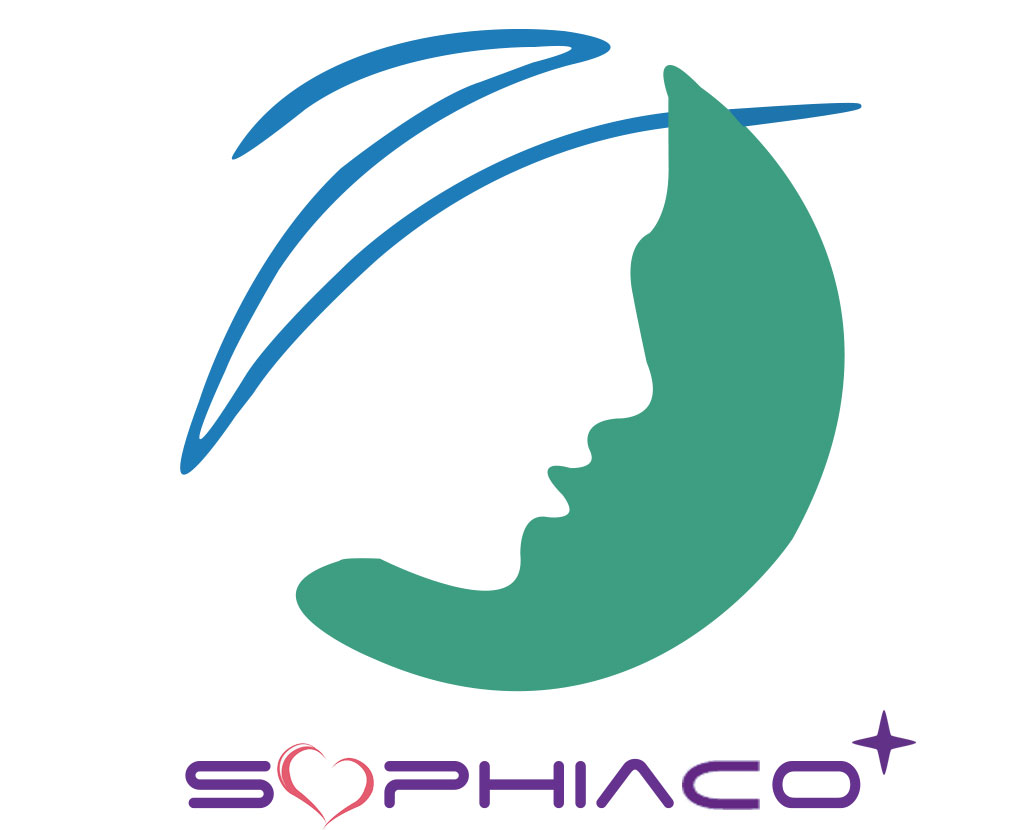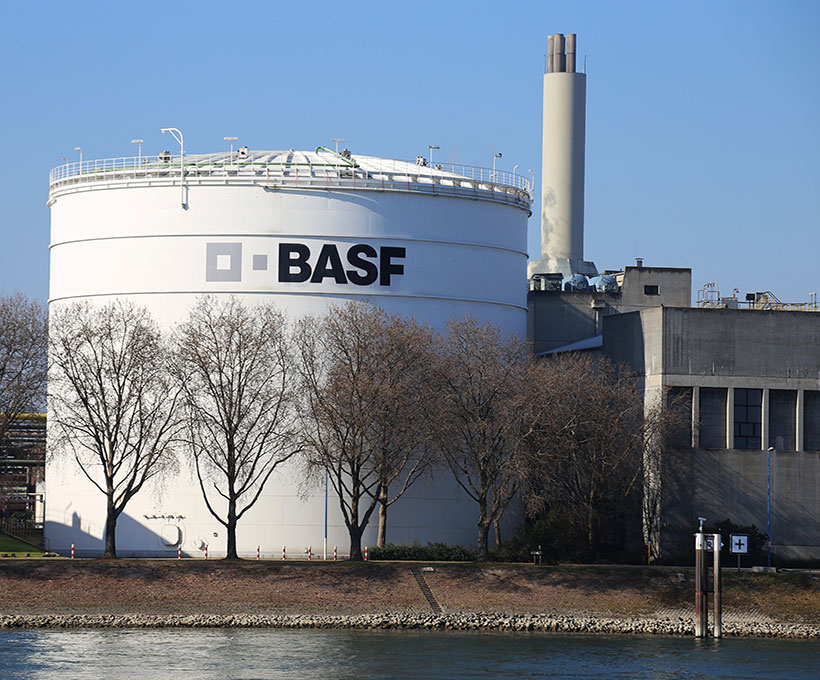TDI is an important raw material for flexible PU foam, and provides a high level of comfort in mattresses and upholstered furniture, but also in car seats cushions and shoes.

After the Chinese National Day(1,Oct), the price of TDI rose to 24,366 yuan / ton, an increase of more than 21% within the month. Since the price of 15,000 yuan/ton in early August, TDI’s current rising cycle has exceeded 70 days, with an increase of more than 60%, setting a new high in the past four years. Several sets of TDI plants in Europe have been closed, and the domestic operating rate has also entered the low point of the year. The shortage of supply makes the rise in TDI price still strong.
TDI: Nearly half of the world’s production capacity is unavailable, and the price is increased by 3,000 yuan / ton.

At present, the global nominal production capacity of TDI is 3.51 million tons, and the capacity of maintenance equipment or maintenance equipment is 1.82 million tons, accounting for 52.88% of the total global TDI production capacity.
Overseas German BASF and Covestro are in shutdown, involving a total of 600,000 tons of TDI production capacity; South Korea’s Hanwha 150,000-ton TDI plant (3*50,000 tons) is scheduled to be overhauled on October 24th until November 7th for a period of time. About two weeks; BASF’s 60,000-ton plant in Yeosu, South Korea is scheduled to be overhauled in November. Domestic Shanghai Covestro stopped for about a week, involving a production capacity of 310,000 tons; Wanhua Yantai plant was routinely overhauled in October, involving a production capacity of 300,000 tons; Yantai Juli and Gansu Yinguang plants were in a long-term shutdown state; Fujian Wanhua 10 The 10,000-ton plant was shut down for maintenance for 45 days on September 7.
Due to the soaring cost of energy and raw materials in Europe, the low operating rate of local TDI factories and the trend of tight prices and rising market prices have also made the market prices soar rapidly. BASF Shanghai raised TDI by 3,000 yuan/ton in October. The domestic TDI spot price has exceeded 24,000 yuan/ton, and the industry profit has reached 6,500 yuan/ton. It is expected that TDI prices still have room to rise.
MDI: Europe is 3,000 yuan/ton higher than domestic, Wanhua and Dow raise the price.
European MDI accounts for 27% of global production capacity. Under the conflict between Russia and Ukraine, the supply of natural gas in Europe and the United States is tight, which has significantly raised the production cost of its MDI. Recently, European MDI is about 3,000 yuan per ton higher than China’s MDI.
With the requirement of heating in winter, part of the MDI demand will be released in October; in foreign countries, the recent overseas energy crisis is still relatively prominent, which is good for MDI prices. Dow Europe may increase the prices of MDI, polyether and composite products in the European market from September 1, by 200 euros/ton (about RMB1368/ton). Wanhua Chemical has raised its aggregated MDI by 2,300 yuan/ton and pure MDI by 2,000 yuan/ton since October.
The supply of raw materials is in short supply, and the home textile industry may lack necessary material to carry out the production.
In addition to the shortage and price increase of direct energy sources such as coal, oil, and natural gas, the energy crisis has also contributed to the rise in comprehensive costs such as logistics costs, and more and more industries, manufacturing, and chemicals in Europe have begun to stop production and reduce production. The production and sales of high-end chemicals and other raw materials have encountered obstacles. For China, it means that it is more difficult to import high-end products.

Nearly half of the global production capacity of TDI, MDI and other important raw materials in the polyurethane industry chain is idle, which will have an impact on the coatings industry, terminal construction, automotive appliances and other industries; the price of propylene oxide, an important organic compound raw material, has repeatedly soared in the second half of the year. Many domestic listed companies said that they could not produce alternative products; the reduction in the production capacity of high-end chlorinated titanium dioxide has hindered the purchase of pigments by domestic leading paint companies; the general increase in acrylic acid has also made paint emulsions and various The fine chemical industry is in a “stock-out crisis”.
That is to say, the emergency on the energy side will evolve into a crisis in the coatings and chemical industries in the midstream, which will eventually be passed down step by step, making it difficult for many industries such as automobiles, real estate, textiles, daily chemicals, and pharmaceuticals to face the dilemma of “cooking without rice”. It silently shows that my country’s low-end industrial chain is complete and the high-end industrial chain is scarce, and the current situation of stuck neck needs to be improved urgently.



